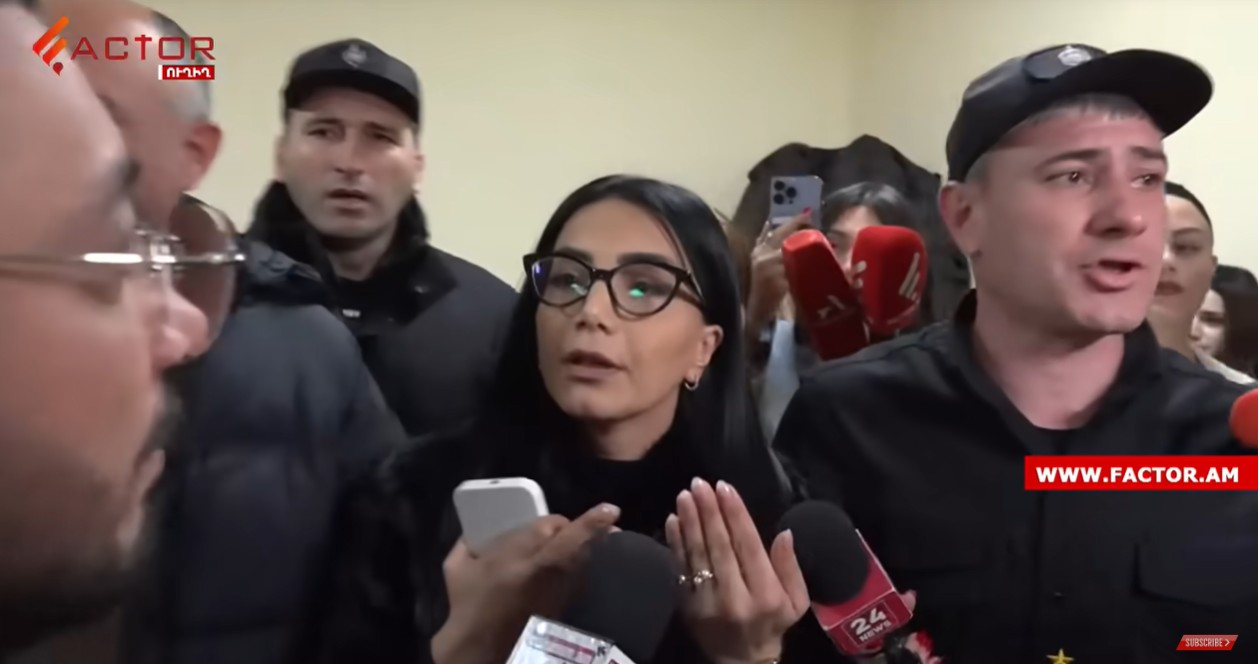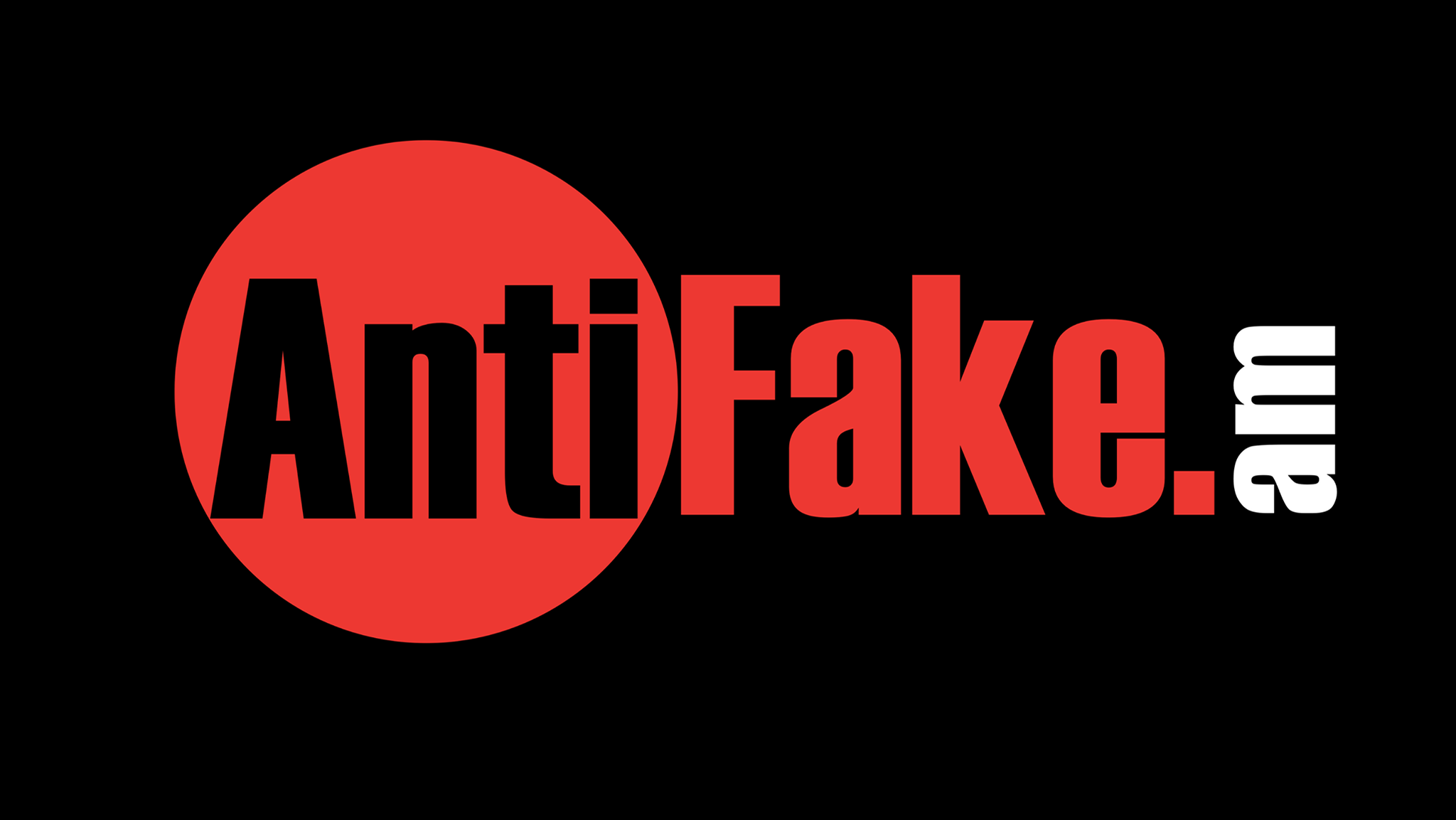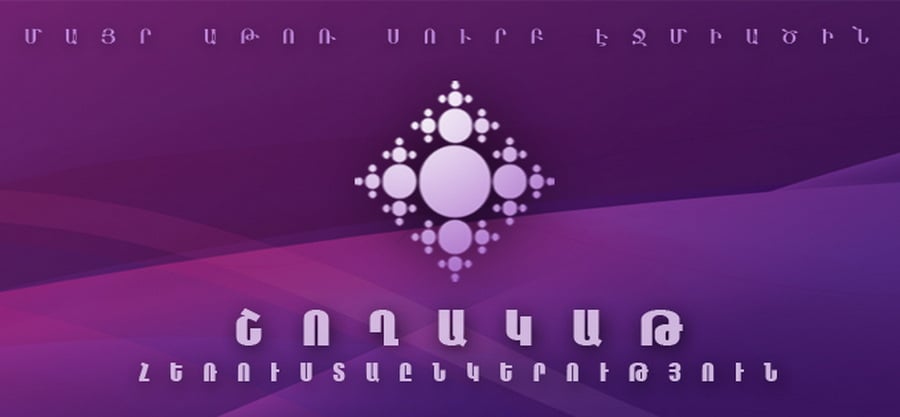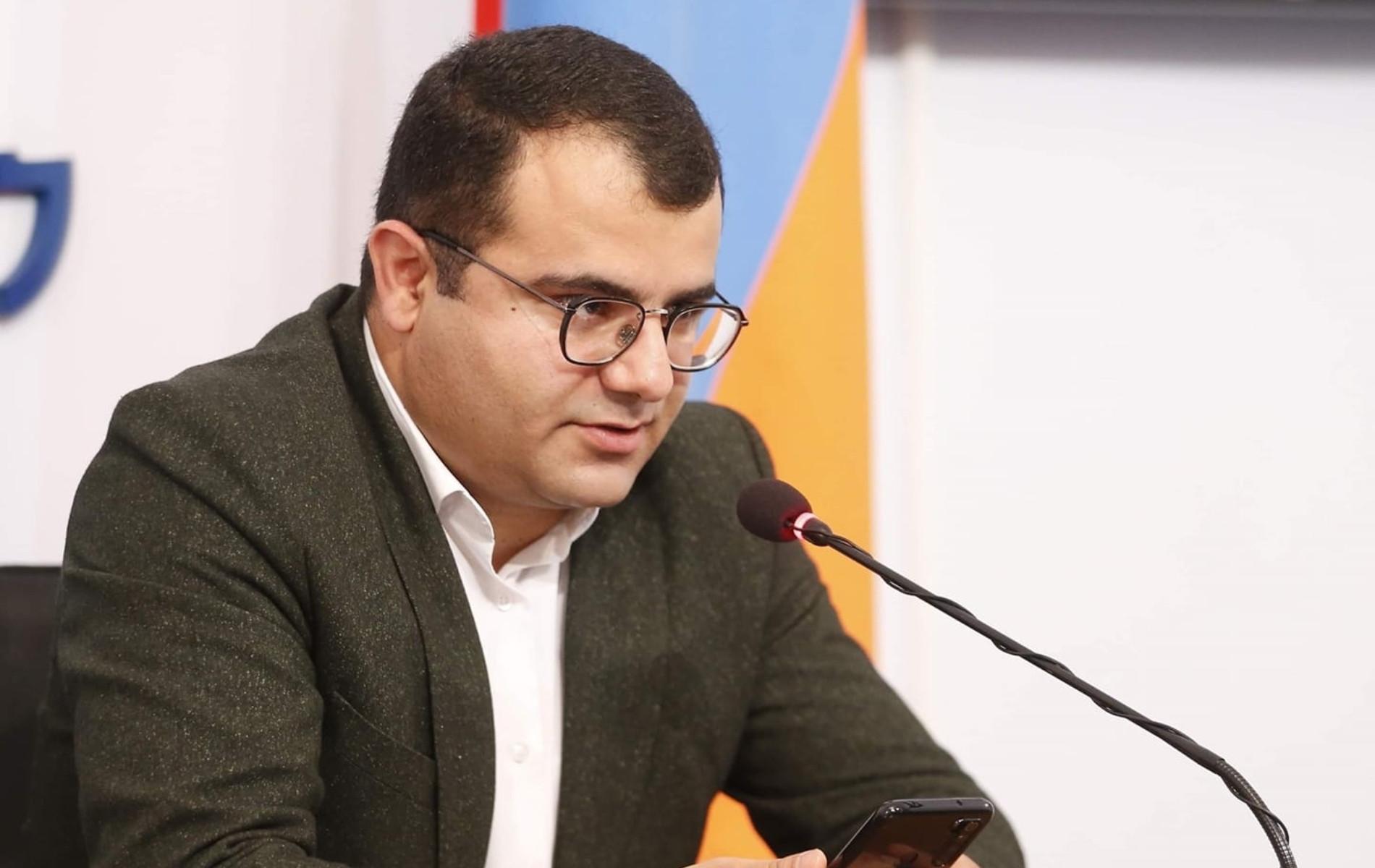The second phase of media monitoring conducted by the Committee to Protect Freedom of Expression coincided with the timing of the spread of the new coronavirus in the world. In this publication we will focus on the main theses that the TV company “РТР-Планета”, one of the main Russian propaganda media outlets broadcast in Armenia was spreading in the anti-European context both via news programmes and talk-shows.
On 22 March, Dmitri Kiselyov, the TV anchor of the programme “Big News” (“Большие вести”) gloated over the situation: “The Schengen zone collapsed… Germany, Switzerland, Austria, Hungary, Czech Republic, Denmark, Lithuania started to control their borders. In other words, there is no Schengen zone of free movement in 26 countries. Indeed, this is the death of the European idea… This fake decorum of solidarity, mutual assistance, universal values, human rights and humanity seems all gone with the wind.”
Within just a week, on 29 March, the same TV anchor continued in his programme: “This week Schengen became 25 years old. However, this anniversary is much like a burial, a painful farewell to the dream of the united Europe without border gates…”
The same line of thought was pursued by the anchor of the talk-show “The Evening with Vladimir Solovyov” in a pandemic-related discussion. In particular, during the March 29 broadcast Solovyov, citing an Italian opposition politician Mateo Salvini about the EU being a den of serpents and hyenas, declared: “The virus is a life-threat in the Schengen zone.” Moreover, he stated in a convinced manner that there could no longer be a word about a united Europe: “Do you think Europe is not dead? It hasn’t been divided into small flats? It hasn’t banned internal traffic?” Solovyov kept asking.
The Russian journalists essentially manipulated the facts to present the measures that had been taken within the European Union to fight the pandemic as a collapse of the Scehngen zone and the destruction of the EU. Even the global challenges introduced by the coronavirus did not make them abstain from anti-European propaganda. Meanwhile, as early as mid-May the countries within the Scehngen zone started reopening their internal borders and none of these countries ever declared about the denunciation of the values the European Union is anchored in.
“Where is the European solidarity? Where are the Euro-Atlantic values? How are they seen at all if in this situation they refuse to help one another” (‘”РТР-Планета”, “The evening with Vladimir Solovyov”, 23 March 2020). This is a clear case of distortion of facts: the temporary closure of the borders of European states conditioned by the pandemic, as well as certain delays in supporting the most affected countries could not mean absence of solidarity and denunciation of the European values. As subsequent developments showed, the borders within the Schengen zone reopened, and the European Union invested billions in the global fight against coronavirus.
Another distortion in the same programme: “How is Europe associated with democracy today? They can return democracy today only by closing the borders… And there is no rule of the people here either because everything there is determined by a beaurocrat sitting in Brussels” (“РТР-Планета”, “The evening with Vladimir Solovyov”, 23 March 2020). Indeed, the guest of the programme questions the existence of European democracy, neglecting the fact that Europe was the very cradle of democracy and it was on Europe’s fundamental principles that the European Union was built. The European Union is a voluntary union of states with the members thereof having consented to delegate part of their powers to the Union’s structures. The beaurocrat sitting in Brussels is merely performing that which is determined by the leaders of the EU countries.
This and many other manipulations aiming at damaging the European values, disorienting the audience and instilling wrong understanding of Europe and Europeans pose a great danger of misinforming the public.
In general the monitoring registered no single example of this media outlet stating anything positive about Europe and the European structures during any of these programmes.
Undoubtedly such propaganda is politically motivated. This is why it is dangerous since it completely ignores the human right to receive accurate and objective information. In this context our earlier question is still valid: why should the Armenian TV audience be subjected to the distortions of Russian broadcasters and become victims of the Russian propaganda.
Comittee to Protect Freedom of Expression









